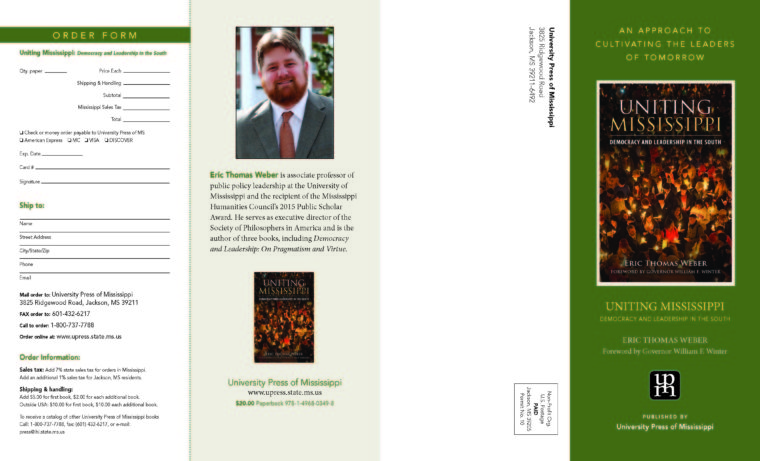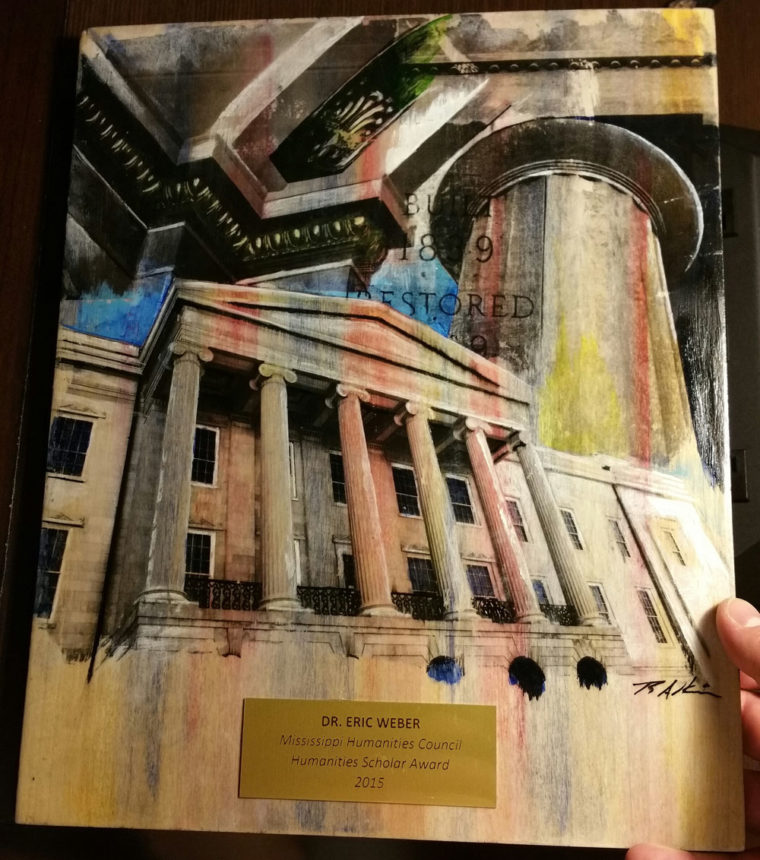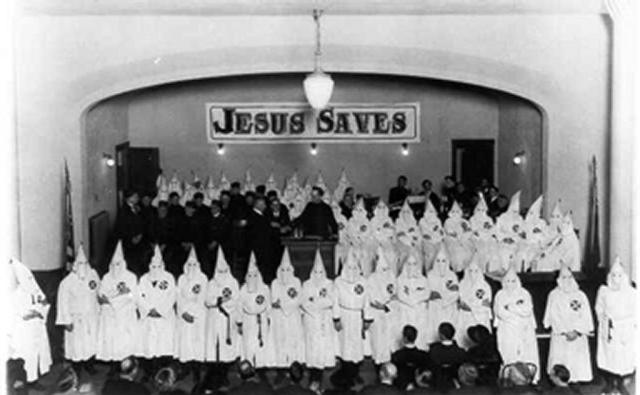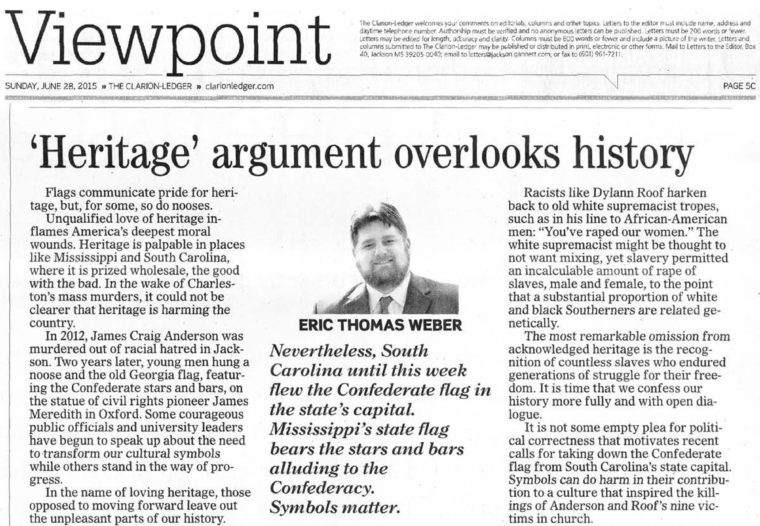No State is permanently safe except on a foundation of justice. And justice cannot be fundamentally in contradiction with the essence of democracy.
Category Archives: Democracy
“Converging on Culture”
Rorty, Rawls, and Dewey on Culture’s Role in Justice

Abstract
In this essay, I review the writings of three philosophers whose work con-verges on the insight that we must attend to and reconstruct culture for the sake of justice. John Rawls, John Dewey, and Richard Rorty help show some of the ways in which culture can enable or undermine the pursuit of justice. They also offer resources for identifying tools for addressing the cultural impediments to justice. I reveal insights and challenges in Rawls’s philosophy as well as tools and solutions for building on and addressing them in Dewey’sand Rorty’s philosophy.
Read the paper on Academia.edu
Citation
Weber, Eric Thomas. “Converging on Culture: Rorty, Rawls, and Dewey on Culture’s Role in Justice.” Essays in the Philosophy of Humanism 22, Issue 2 (2014): 231-261.

Check out the nice brochure that the University Press of Mississippi designed for Uniting Mississippi. Here’s the printable, two-sided PDF file:

2013 Philosophy Born of Struggle conference, Purdue University, West Lafayette, IN
This is the video of a short talk I gave at the 2013 Philosophy Born of Struggle conference at Purdue University in West LaFayette, IN. The talk is called “On Culture and Self-Respect,” and it represents an early stage in the development of my book in progress, called A Culture of Justice. I got some invaluable feedback at that conference that has helped to sharpen my thesis for this paper and for the book.
If you’re interested in having me come speak with your group, visit my Speaking page.
Racism Defies the “Greatest Commandment”
Eric Thomas Weber, first published on The Second Breakdown, July 30, 2015.
In July 2015, University of Mississippi graduate, Adebanke Alabi invited me to comment on race and the Church for a series on her blog. The following is my piece, originally published on her page and reposted here with permission.
Preface: I am grateful to Adebanke (Buki) Alabi for calling me to comment on race and Christianity for the readers of her blog, The Second Breakdown: My Thoughts on Jesus and His Church.


Continue Reading »
What a Flag Has to Do with Justice
Eric Thomas Weber, first published July 8, 2015 in The Prindle Post.
The June 2015 murders in Charleston, South Carolina, have prompted a remarkable cultural shift in the American South. States around the region are removing or are voting to remove Confederate symbols of various kinds from public spaces. South Carolina and Alabama have made significant moves, and in Mississippi, the Speaker of the House and both U.S. Senators have called for changing the state flag, which presently features the Confederate Battle Flag.
I have argued recently that some heritage can do harm and that denying that Mississippi’s secession had to do with slavery is ignorance, not love, of heritage. For those who acknowledge our troubled history, an important question remains: Why is there such a push to get rid of the flag all of a sudden? What does it have to do with the Charleston murders or justice?
Continue Reading »
Sometimes Heritage Does Harm
Eric Thomas Weber, first published in The Clarion Ledger on June 27, 2015, 5C.
This article was published online with the title “Sometimes Heritage Does Harm,” and in print, with the title “‘Heritage’ Argument Overlooks History.” It is republished here with permission. Click on the image or here to open a scan of the printed version, or here for a PDF of the online version. The text from the online version is included here below.
Flags communicate pride for heritage, but, for some, so do nooses.
Unqualified love of heritage inflames America’s deepest moral wounds. Heritage is palpable in places like Mississippi and South Carolina, where it is prized wholesale, the good with the bad. In the wake of Charleston’s mass murders, it could not be clearer that heritage is harming the country.
In 2012, James Craig Anderson was murdered out of racial hatred in Jackson,. Two years later, young men hung a noose and the old Georgia flag, featuring the Confederate stars and bars, on the statue of civil rights pioneer James Meredith in Oxford. Some courageous public officials and university leaders have begun to speak up about the need to transform our cultural symbols, while others stand in the way of progress.
In the name of loving heritage, those opposed to moving forward leave out the unpleasant parts of our history. Mississippi and South Carolina were among the states most honest about their defense of slavery in their justifications for secession. Nevertheless, South Carolina until this week flew the Confederate flag in the state’s capital. Mississippi’s state flag bears the stars and bars alluding to the Confederacy.
Symbols matter.
Continue Reading »
“Lessons from America’s Public Philosopher”

Abstract
This article argues for a definition of public philosophy inspired by John Dewey’s understanding of the “supreme intellectual obligation.” The first section examines five strong reasons why more public philosophy is needed and why the growing movement in public philosophy should be encouraged. The second section begins with a review of common understandings of public philosophy as well as some initial challenges that call for widening our conception of the practice. Then, it applies Dewey’s argument in “The Supreme Intellectual Obligation” to public philosophy, which must not be seen simply as a one-way street from intellectuals to the masses but, rather, as the task of fostering the scientific attitude and intellectual habits of mind in all citizens.
Read the paper on Academia.edu
Citation
Weber, Eric Thomas. “Lessons from America’s Public Philosopher.” The Journal of Speculative Philosophy, no. 1 (2015): 118-135.

This is the beautiful work of art that the Mississippi Humanities Council commissioned to serve as a plaque for the 2015 Humanities Scholar Award I was honored to receive in February. The event and the honor were deeply meaningful and encouraging.
“There have been 204 mass shootings — and 204 days — in 2015 so far http://wapo.st/1HP45N2”
July 24, 2015





 About Me
About Me